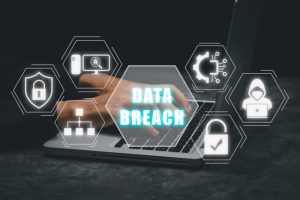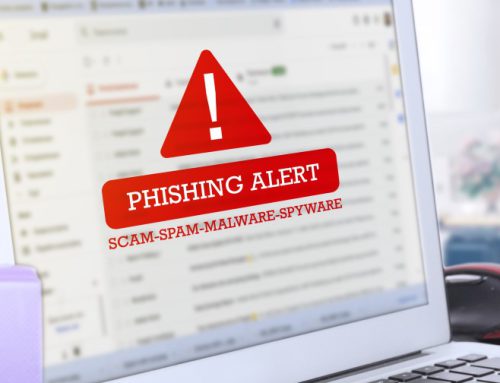
Incident Response 101

The individual’s job
Your organization has implemented an incident response plan to best secure all data. Employees should familiarize themselves with the plans, know what to expect in an emergency and follow procedures. Some teams and departments will be impacted more by an incident than others. However, it is equally important for everyone to follow these simple steps.
First, keep calm.
Incidents can escalate, and quick mistakes may turn a minor problem into a major one.
Second, follow the plan.
When the company responds to a cybersecurity threat, users who understand the incident response plan will know who to talk to and how conditions will change.
Third, reporting.
Reporting is one of the most important parts of incident response. If you suspect an incident has occurred or is about to occur, it’s important to report it immediately. Always follow company policies for reporting and include all relevant information in your report, such as type of suspected incident, time when it occurred and who or what was involved.
Security incidents are a fact of life in today’s world. However, preparation and knowledge are important defenses against them. By studying the incident response plan and knowing what to look for before, during and after an incident, you form an integral part of your organization’s defense.
Want to learn more?
We understand that exceptional service delivery is only possible when our team is fully committed to purpose-driven work. That’s why we’re proud to lead the way in creating a culture of personal growth, development, and accountability. We believe that building strong relationships through trust and reliability is key to becoming an exceptional industry leader. Our ultimate goal is to help our clients succeed in today’s complex business environment.











